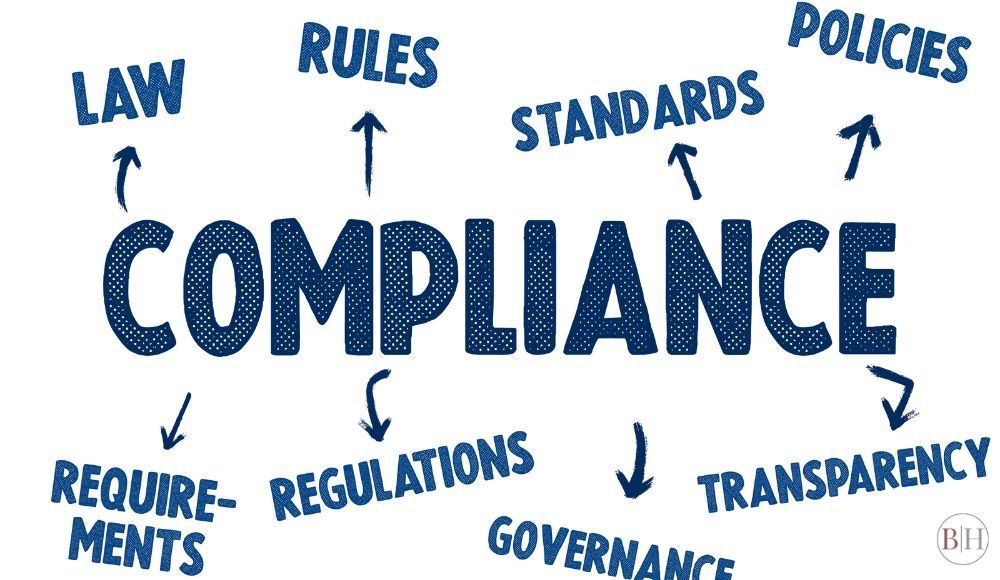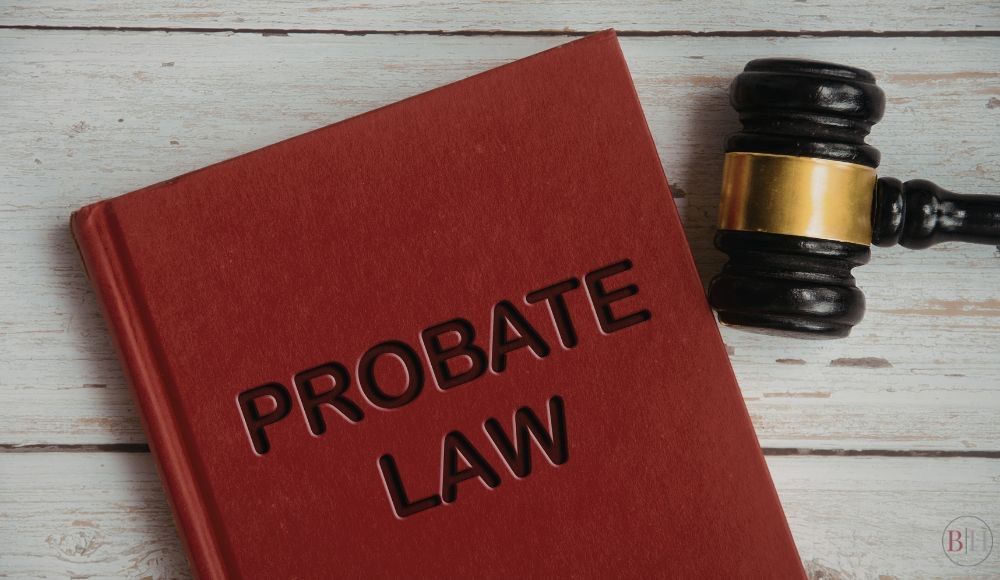Corporate Litigation and Dispute Resolution

Businesses do not want to spend their time battling a corporate dispute, but it is sometimes unavoidable. The cost of finding a resolution can be significant, not just in financial terms, but also in time and resources. If you find yourself in a corporate litigation matter, it is important to get in touch with a corporate attorney.
Common Types of Corporate Disputes and Their Resolution Mechanisms
Corporate Dispute Types
Contract Issues
Contract disputes are a common cause of corporate litigation cases. These types of cases can arise in-house (e.g., arising from an employee contract dispute), between businesses (e.g., a business fails to pay for goods/services or fails to deliver goods/services), or between a customer and a business (e.g., the customer is dissatisfied with the service they received).
Intellectual Property
Intellectual property disputes may arise when two or more parties claim rights to intellectual property. During these cases, the challenged or challenging party may have to show evidence that they are the rightful owners of the IP.
Ownership Disputes
Ownership disputes sometimes arise between owners of a business. For example, an owner may claim that they are not receiving benefits to which they are entitled, that another owner has been misappropriating funds, or that a breach of contract has occurred.
Resolution Mechanisms
Meditation
Meditation is sometimes a cost/time-effective way to deal with corporate disputes. This method of corporate dispute resolution involves hiring a neutral mediator to help the parties involved in the dispute come to a resolution, though these resolutions may be non-binding unless otherwise agreed.
Arbitration
Arbitration is sometimes considered a middle tier of dispute resolution. Under this mechanism, the dispute is heard by a neutral third-party who, after hearing all sides of the argument, delivers a decision. This decision is binding and can only be appealed under very limited circumstances.
Litigation
Litigation occurs when a lawsuit is filed. Disputes are sometimes resolved before trial. Experienced litigators are recommended for this process.
Strategies for Mitigating Litigation Risks
Develop Sound Policies
Businesses that do not develop robust, legally-sound policies are at an increased risk of litigation. Conducting regular legal audits, during which your potential legal risks are identified, can be an effective way to limit the risk of litigation.
Take Prompt Action
It is not always possible to avoid problems. If a potential issue arises, act promptly. It is sometimes possible to avoid lengthy litigation battles by taking a proactive approach to problems.
Consult With Legal Experts
It is recommended to work with legal professionals for your industry on an ongoing basis. Legal professionals can ensure that your business is compliant with local and national laws, help with contract drafting, and perform risk assessments.
Contact Bingaman Hess today to schedule a consultation with one of our experienced corporate attorneys. Our team of seasoned legal professionals brings a wealth of talent and experience to every case, ensuring that you receive the highest level of representation and personalized attention.









